What are Tabarak allah Meaning and Benefits?
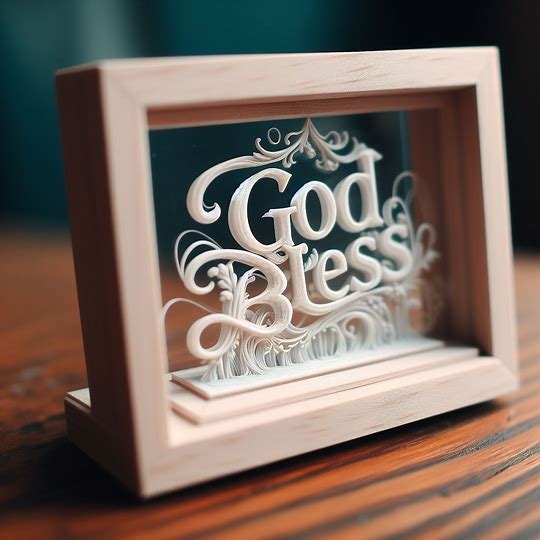
“Tabarak allah” is a beautiful phrase that resonates deeply within the hearts of Muslims. It encapsulates appreciation, reverence, and acknowledgment of Allah’s blessings. In this article, we explore its meaning, delve into its significance, and discuss when to use it. Meaning of Tabarak allah The literal translation of “Tabarakallah” from Arabic to English is “May […]
Online Quran Learning: Your Way to Junnah
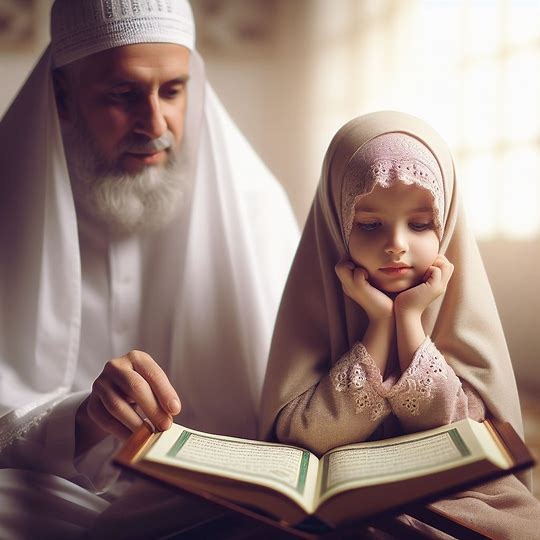
Online Quran Learning with Quran By Call academy In today’s fast-paced world, where digital connectivity knows no bounds, the pursuit of knowledge transcends geographical limitations. Online Quran learning has emerged as a powerful avenue for seekers of spiritual enlightenment, allowing them to connect with the divine text from the comfort of their homes. Among the […]
Sadaqah Jariyah: A Continual Stream of Blessings in Islam
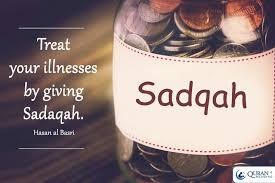
Sadaqah Jariyah: A Continual Stream of Blessings in Islam In the vast universe of Islamic teachings, few actions carry as lasting an impact as the practice of Sadaqah Jariyah. This noble concept serves as a bridge between our worldly lives and our hopes for the Hereafter. The essence of Sadaqah Jariyah revolves around acts that […]
Laylat al-Qadr: The Night of Power
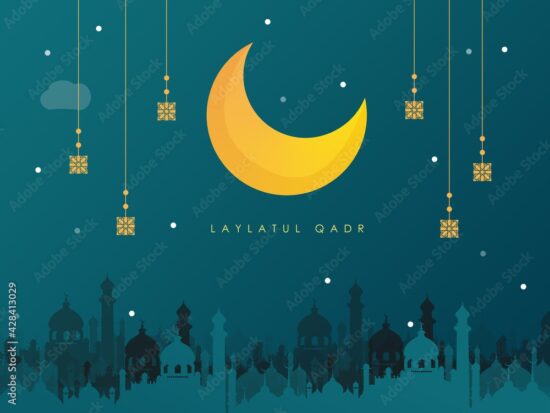
In the sacred tapestry of Islamic observances, Laylat al-Qadr, also known as the Night of Power, stands as a luminous thread. This mystical night, shrouded in celestial secrets, holds profound significance for Muslims worldwide. Let us delve into the depths of this spiritual phenomenon. Origins and Revelation: Laylat al-Qadr is the night when the Qur’an, […]
Unlocking the Spiritual Treasures: Last Ten Days of Ramadan

The blessed month of Ramadan is a time of reflection, devotion, and spiritual growth for Muslims worldwide. As the month draws to a close, the last ten days of ramadan emerge as a pinnacle of worship and divine connection. Let us delve into the beauty and significance of these sacred days. 1. The Night of […]
Taraweeh Prayer: A Guide to Meaningful Ramadan Nights
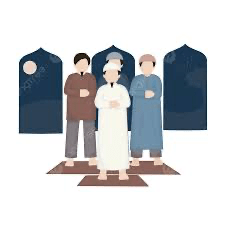
As the crescent moon heralds the arrival of Ramadan, Muslims worldwide embark on a journey of spiritual rejuvenation, self-reflection, and devotion, we explore the essence of Taraweeh prayer: A guide to meaningful Ramadan nights. Central to this sacred month is the performance of Taraweeh prayers, a nightly congregational prayer observed during Ramadan. Rooted in tradition […]
The Distinction Between Taraweeh and Tahajjud Prayers
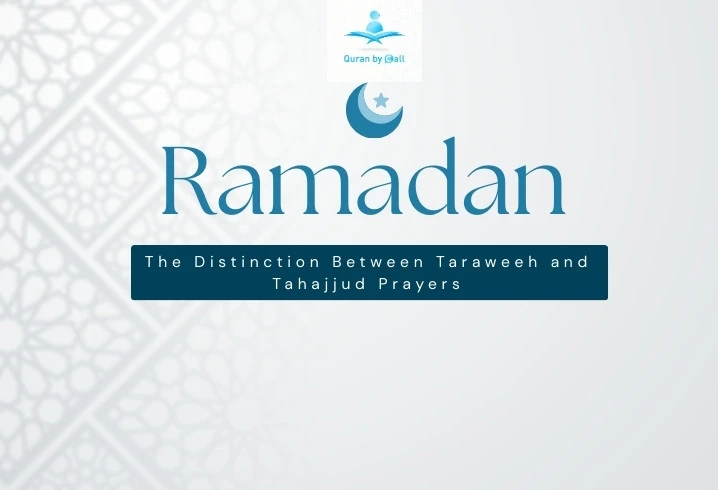
Many Muslims don’t know what The Distinction Between Taraweeh and Tahajjud Prayers, Firstly, In the realm of nightly prayers, two distinct acts of devotion hold a special place in the hearts of Muslims: Taraweeh and Tahajjud. While both occur during the quiet hours of the night, they differ in purpose, timing, and practice. Let’s explore […]
5 Benefits of Fasting in Ramadan for Better Health and Faith
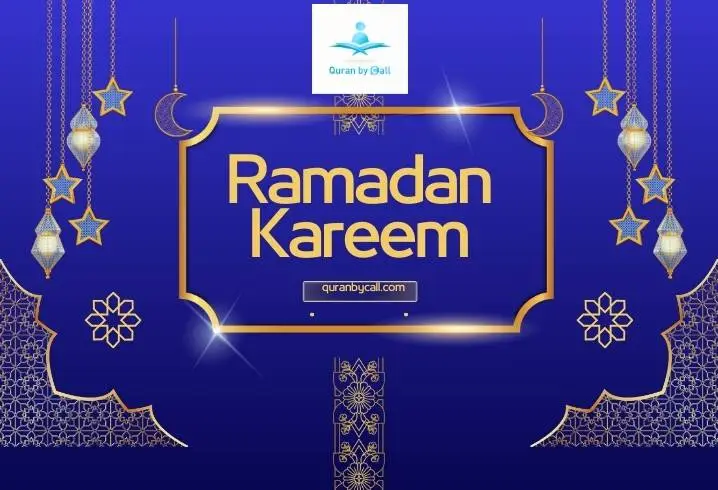
Some people think that fasting in Ramadan affects badly on our health, but in fact Fasting in Ramadan has many spiritual, religious benefits in addition to health benefits. Let’s know more about the great benefits of fasting in ramadan specifically in Ramadan. Healthy benefits of fasting in Ramadan:- 1-weight loss Fasting is a great chance […]
Fasting in Ramadan: A Spiritual Journey of Self-Discipline.

Fasting in Ramadan
Qalqalah Meaning and Letters, (Types & Pronunciation)
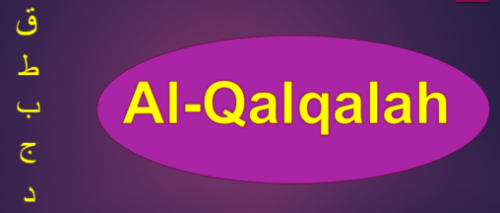
Knowing Qalqalah Meaning and Letters is a very important tajweed rule you should learn to read the holy Quran correctly,by the end of this article you will learn about:- 1- Qalqalah meaning. 2-Qalqalah types. 3- Qalqalah letters. 4-How to pronounce Qalqalah . what are Qalqalah meaning and types ? Qalqalah meaning :- Making an echo […]
